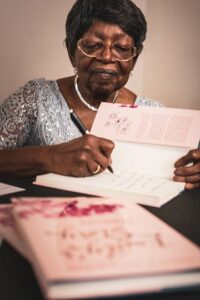
Today we’d like to introduce you to Emily J. Coopwood. Them and their team share their story with us below:
Throughout Emily’s nine decades of living, she has lived life with a freed slave (Her grandmother), experienced the weight of The Great Depression, heard the manic of WW II bomb sirens and felt the darkness of city-wide blackouts. She mourned the tragic loss of her father and brother and witnessed the burden her mother had to bear as head of the household. But the love story between a privileged little black girl and a poor country black boy is why she wrote the book.
In this book, you will find great highs along with Emily’s secret reality behind closed doors. But most importantly, you will find God in the midst of everything from beginning to end.
Welcome to Emily’s Story.
Thank you for having me. Hello everyone, my name is Emily Janet Coopwood and I am 91 years old. My husband, Theodore (Ted) Roosevelt Coopwood, Jr., and I had six wonderful children: Janet, Pamela, Theodore, Gregory, Kenneth and my baby girl, Deborah. And by the grace of God, I still walk on my own,drive my own car, and even babysit my great-grandchildren from time to time. On my 90th birthday, my children surprised me with the publication of my first book, “Emily’s Story, What Should I Say or How Should I Say It?” It was truly a pleasant surprise.
(Why Wrote the Book)
I wanted to inspire people to talk with their children about realistic real-world expectations. How to analyze the character of others before getting married and how to ask hard questions like, “ What do you think about children?”, “What are your perceptions of men?” and “ What are your perceptions and expectations of a woman?”. There are certain characteristics that go along with people, and if you don’t know how to look for those characteristics, then you become vulnerable. My husband and I were two totally opposite people who came from two very different worlds. Our characteristics clashed once we were married because I couldn’t see his way of life and he couldn’t see mine. What you grow up with is such an integral part of your life, you carry it into your adulthood.
I’m sure you wouldn’t say it’s been obstacle free, but so far would you say the journey has been a fairly smooth road?
No, it was not a smooth road! Learning to adapt was hard for me. Especially after we had children because I wanted them to live the lifestyle that I was used to. My husband was only concerned with the basics; a roof over our head and food in our mouths. So it was both a physical and mental struggle for me. Internally, I had to really make myself determined to make it work. It took me a long time to get it right. But once I did, I realized that it’s not about what we feel like we should have, but it’s about the foundation that is built over time. Giving your children a good foundation is what is going to carry them through life, not the frills and the fineries. Because you can’t have a building with no foundation, but you can have a foundation without a building.
You have to remember that wherever you go through, God always orchestrates things for the better, even though we can’t always see it.
Theodore R. Coopwood, Jr., my husband, was a very hard man. He was drafted into the Army during World War II at the age of 18 right out of high school. He did not always know what to say or have the appropriate responses to things, but he loved God, his family, and his community. He taught me how to appreciate the differences in other people. Often Ted would come home with homeless strangers and have me fix a meal for them. Right after Ted’s passing in 2017, I went home and laid in bed. God spoke to me and said, “He was like a David to me.” So I thought about it. David had to fight all his young life, he was a man of war and grew up being ostracized, and so did my Theodore. David and Theodore’s lives were parallel in a different turn of a century.
Thanks – so what else should our readers know about your work and what you’re currently focused on? https://www.emilyjcoopwood.
My goal is to pass my wisdom on to the young people before I die. I have five major things that I believe that every young person should know.
1. Know yourself. Because if you know yourself, you are not easily led by other people. Learn your gift because you do have one.
2. Get your education because it matters, and it is not just for the sake of having it.
3. Associate yourself with people who have good character. Association and assimilation always work together. If you hang around dirty people, you will get dirty, but if you hang around high minded people, you’ll reach for the stars.
4. Learn people’s character before you get married: You do this by spending time, not in private but out among friends and family. People have a tendency to show their true self when they are among their friends and family. They let you know how compassionate they are.
5. Never be afraid to pray and ask God for guidance and read Proverbs (the biblical book of wisdom). It is the only book in the Bible that will tell you as a youth how to live, what to watch out for, and how to get wisdom.
Be observant because life is not a game, it’s a real thing and your choices carry you for the rest of your life.
Do you have any memories from childhood that you can share with us?
https://www.emilyjcoopwood.
I have a lot of childhood memories, but spending time with my grandmothers was the icing on the cake.
I was fortunate enough to have both of my grandmothers until I was grown. My mother’s mother was very old-fashioned. She was the one born before slavery ended. She believed in strict modesty and she would always think we were naked because we wore shorts and short sleeves. She was very religious and she always thought that we were on our way to hell. My grandmother lived to be 102. We used to have fun bribing her to wash dishes by telling her we would buy her ice cream, candy, or give her a quarter, but we would never pay up. One day she got hip and said, “give me my stuff first.” We had lots of fun with her. When we started courting (dating), she would always stay up late and clear her throat very loudly if she thought we were getting too close.
My other grandmother, we called her our “cheeky” grandmother. Every Saturday, we’d go downtown to find her. She asked us if we had money. We’d respond, “Yes, it’s in your handbag” and she would reach in her handbag for coins so we could go to the shows (movies) or buy candy.
Contact Info:
- Website: https://www.emilyjcoopwood.com/
- Instagram: https://www.instagram.com/emilyjcoopwoodofficial/
- Facebook: https://www.facebook.com/emilyjcoopwood
- Twitter: https://twitter.com/EmilyJCoopwood
- Youtube: https://www.youtube.com/channel/UCcSvOsVu-VE4e0tZkt1AcFw
- Other: https://www.emilyjcoopwood.com/blog
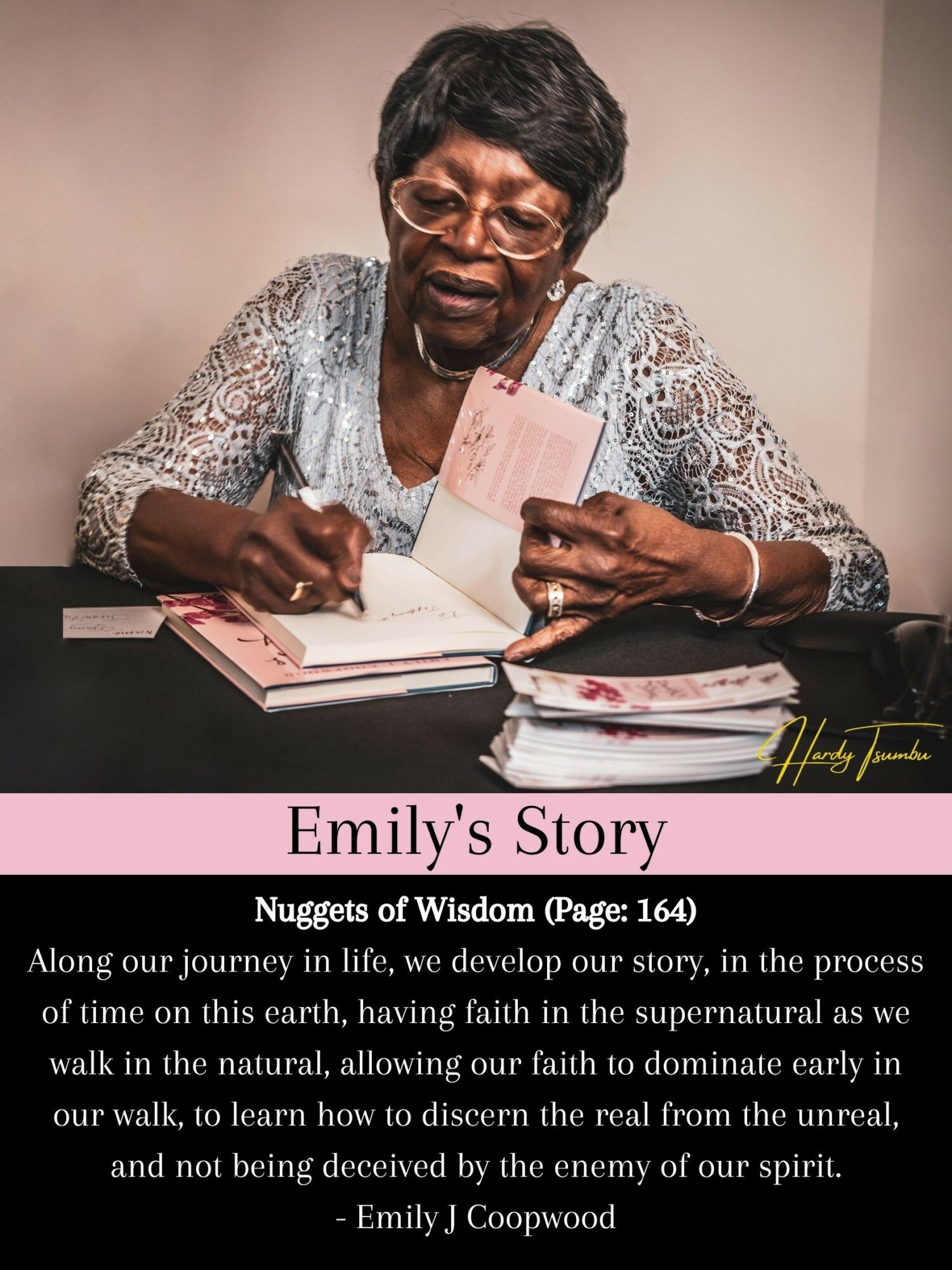
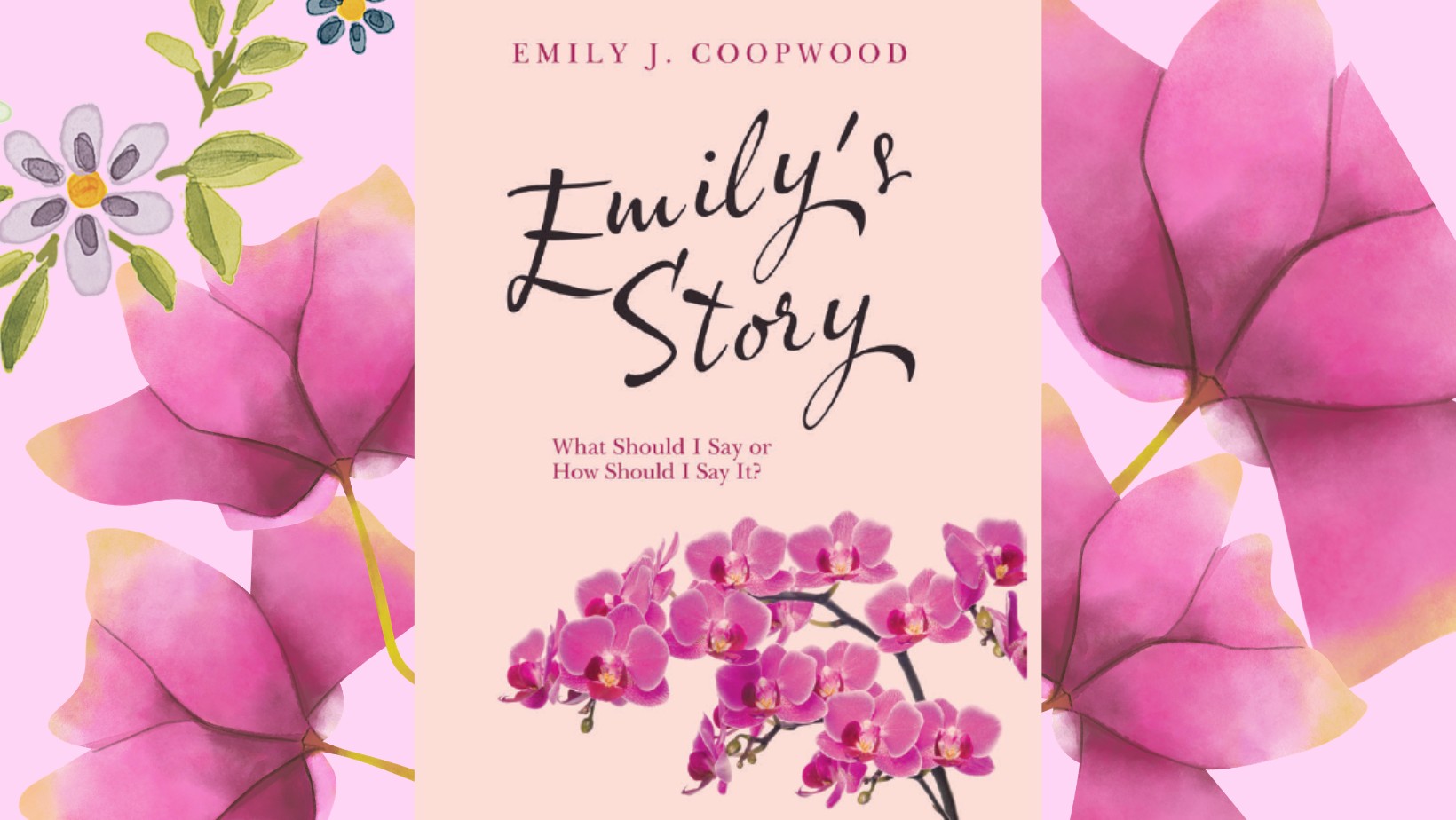
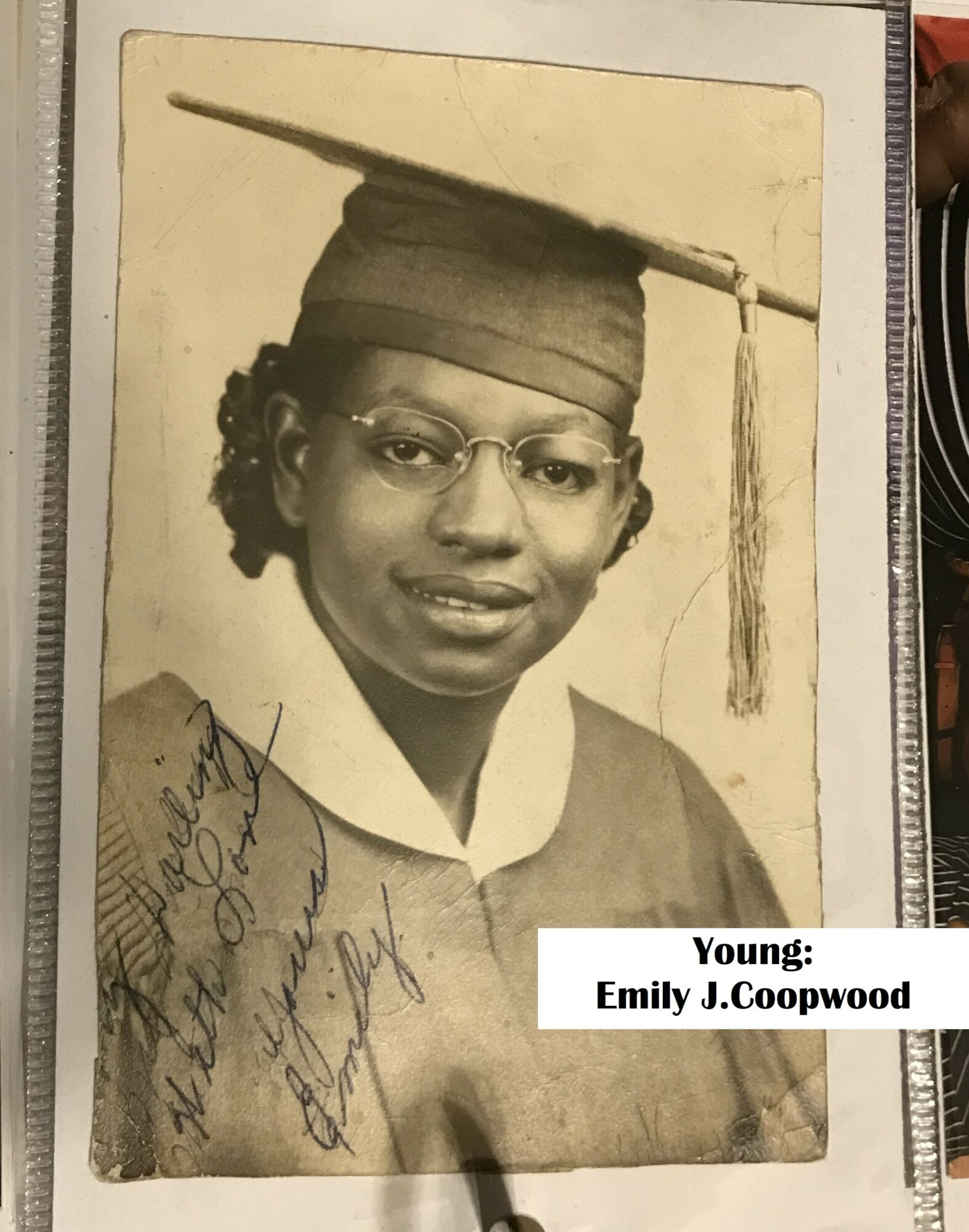
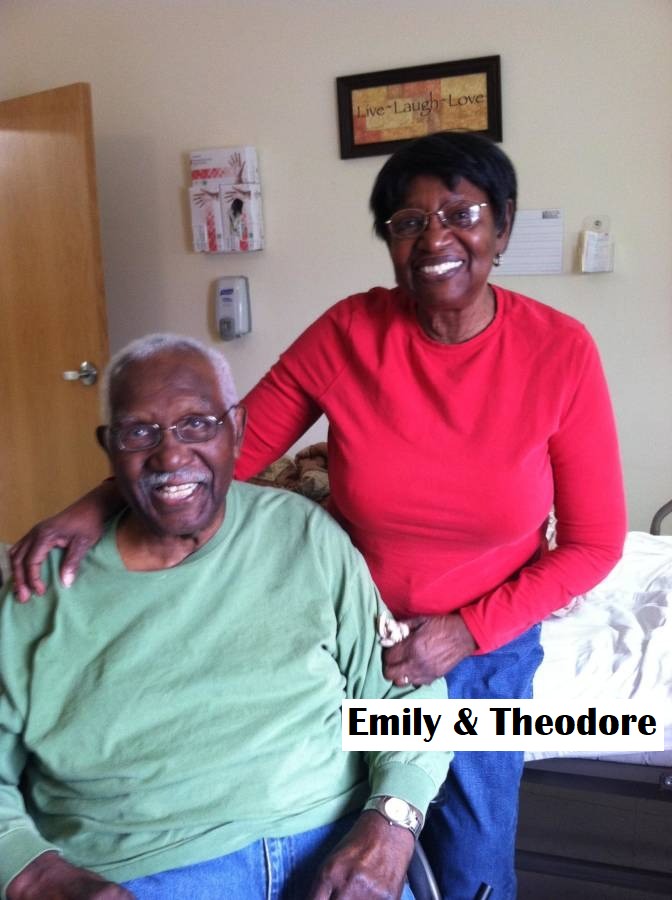
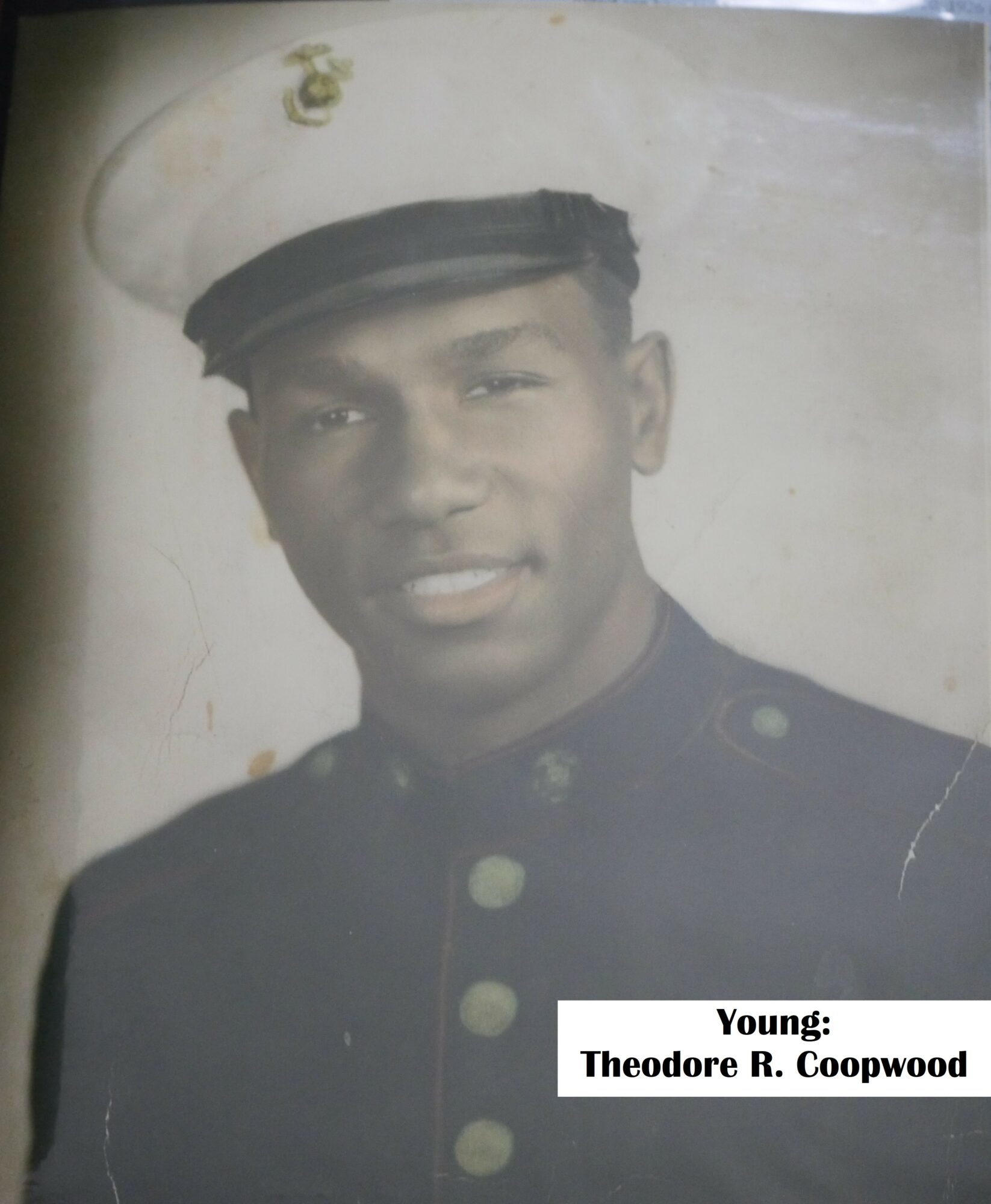
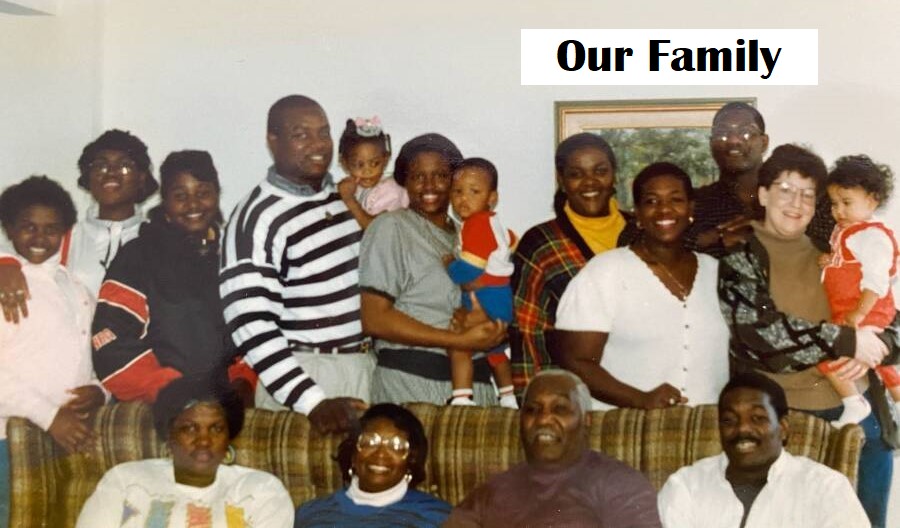
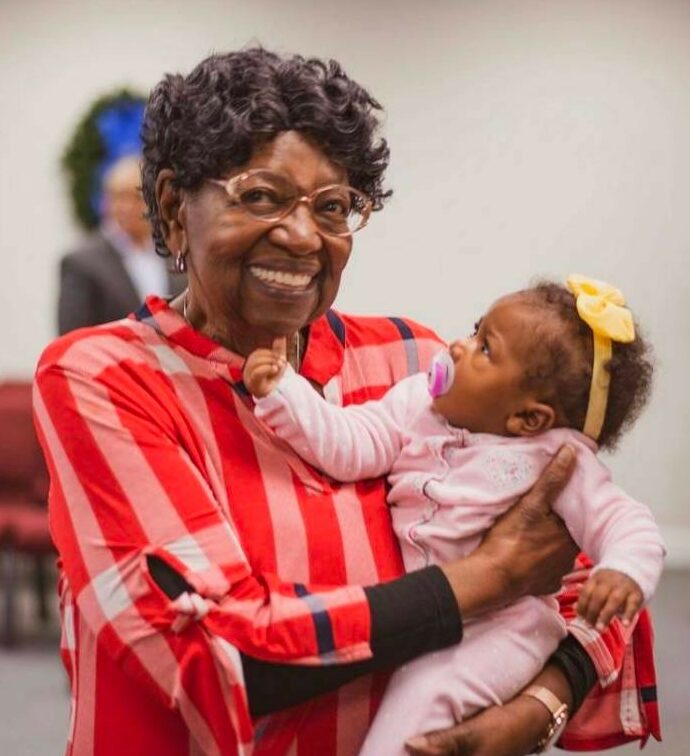
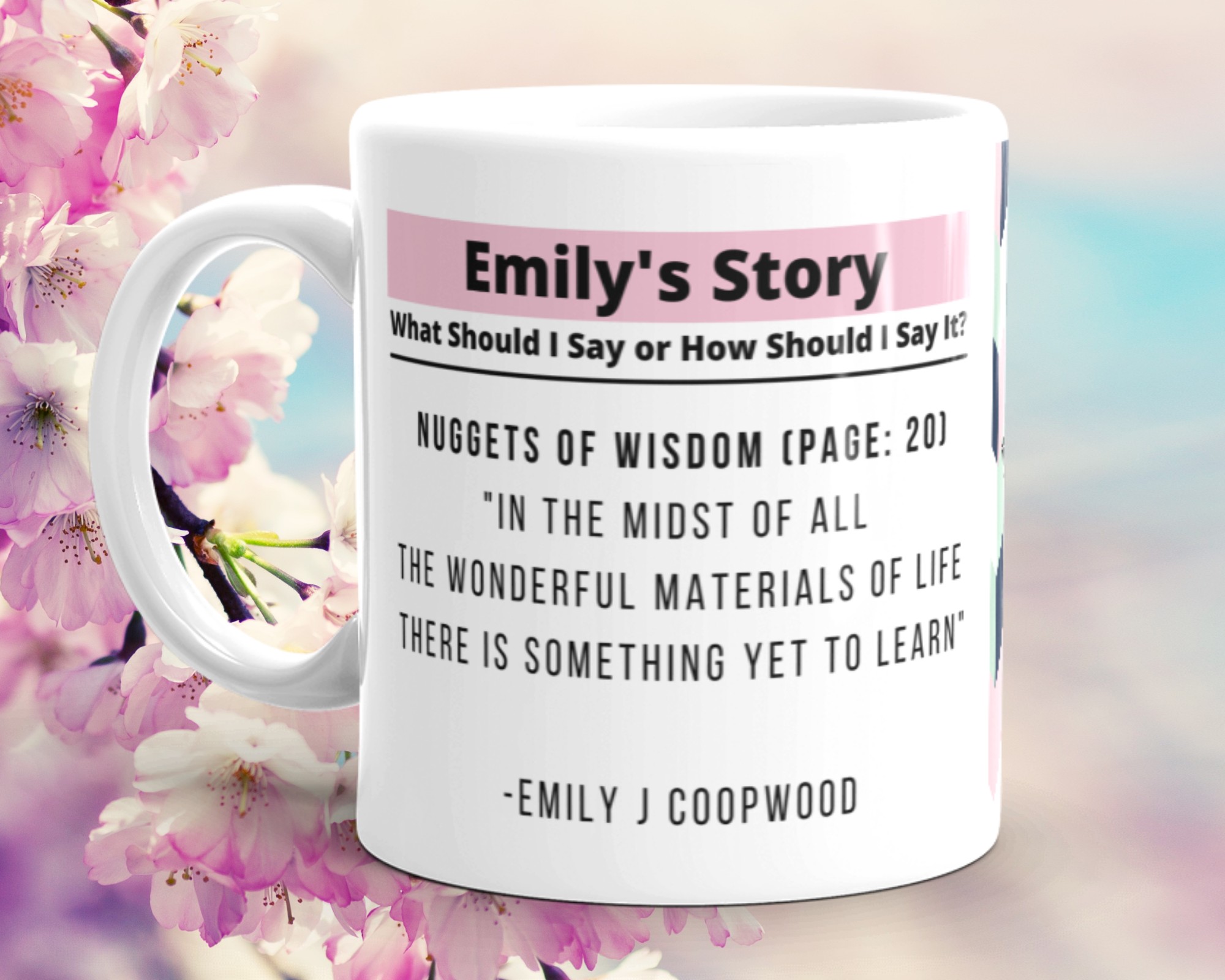
Image Credits:
Hardy T. Tsumbu (The cover photo and the poster)













